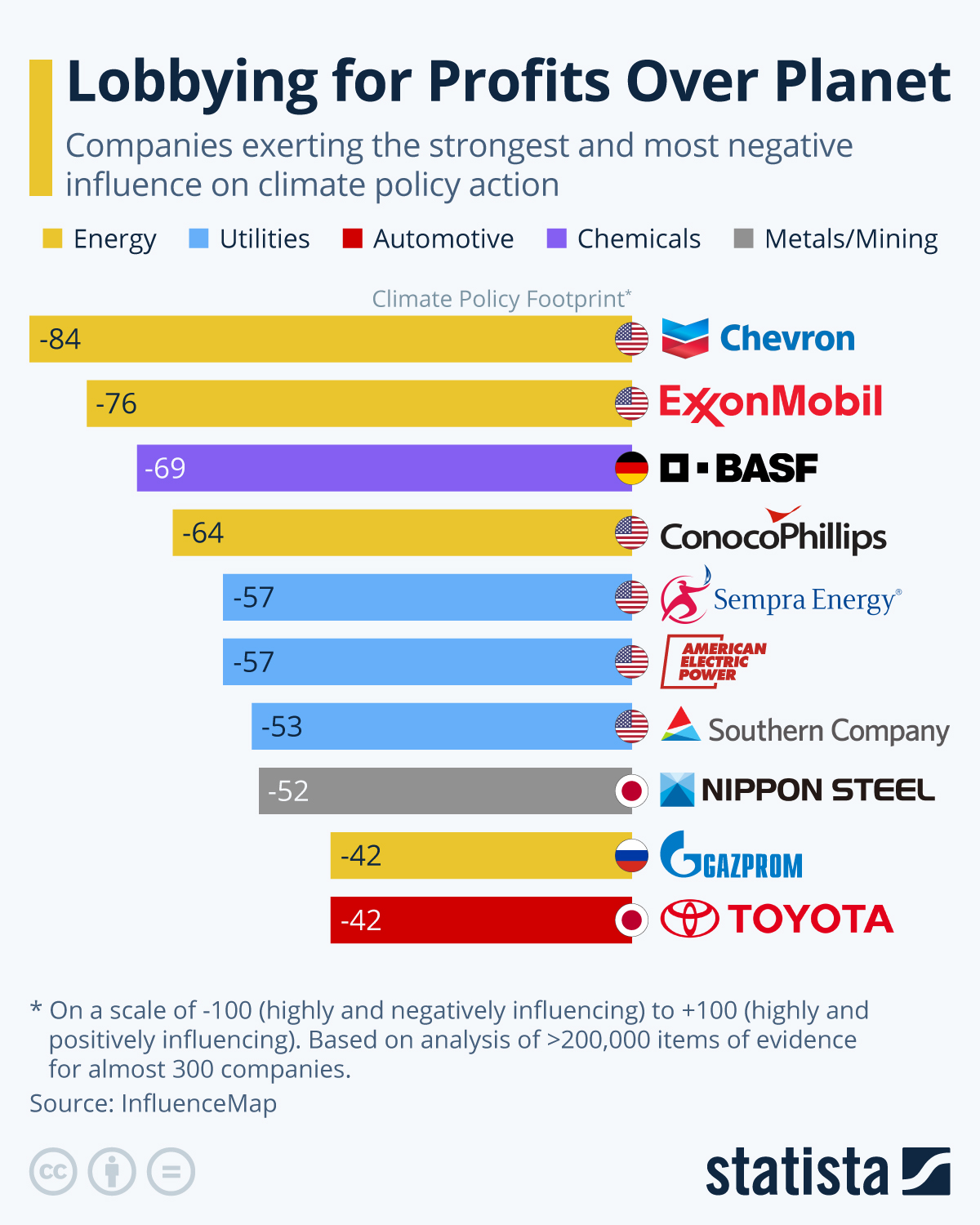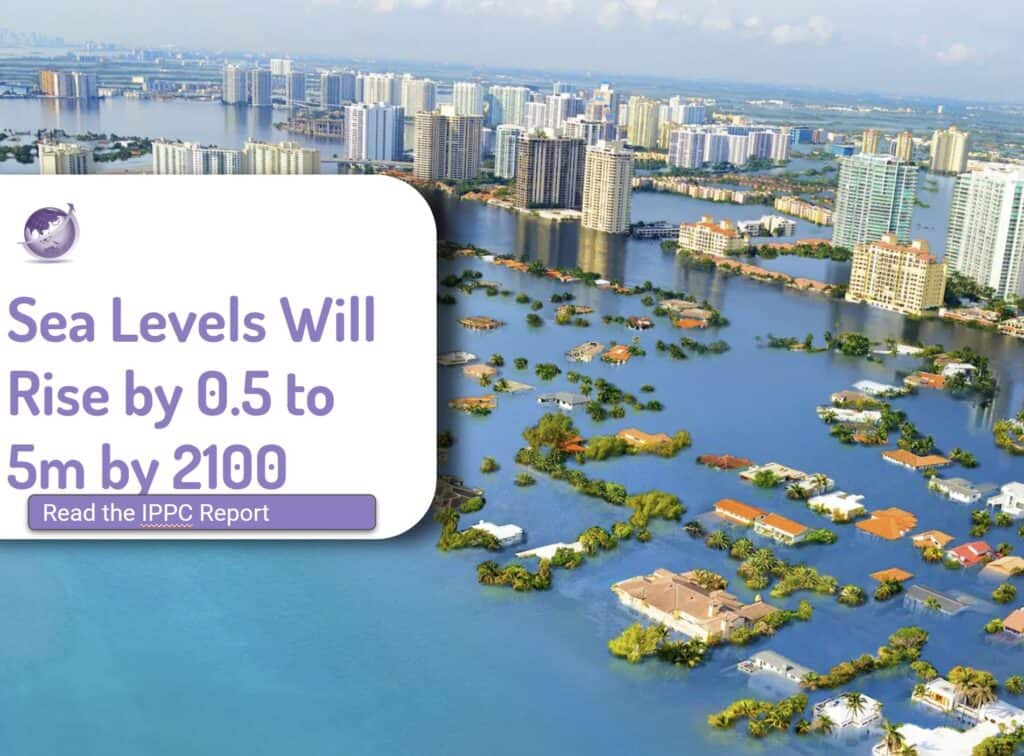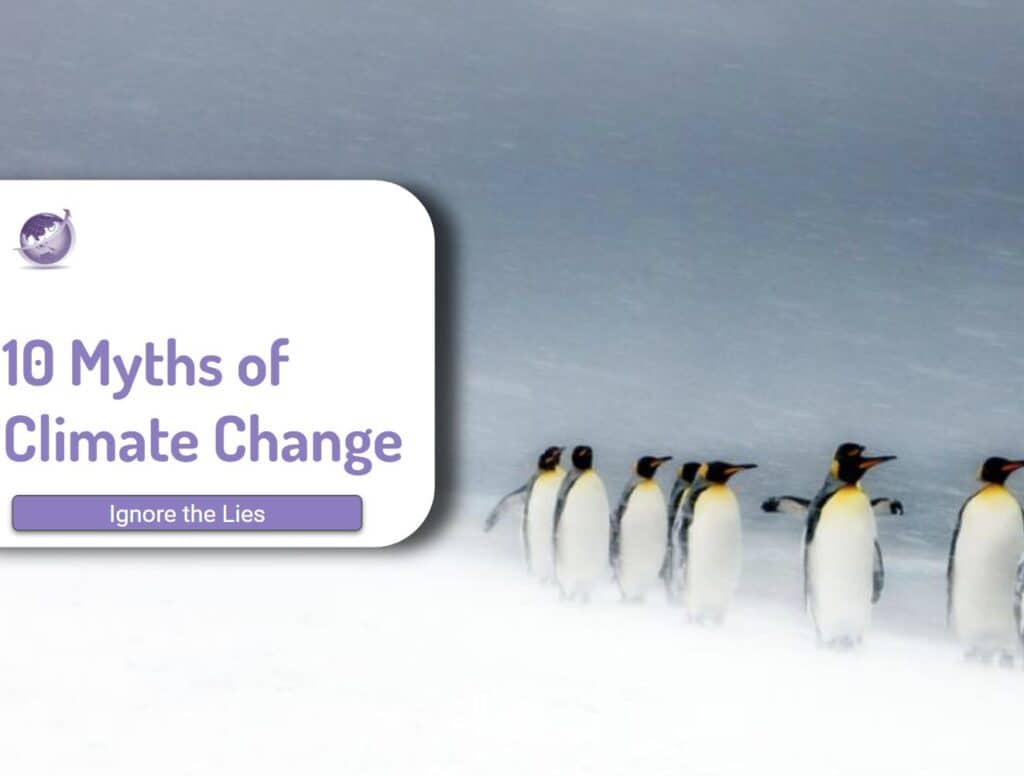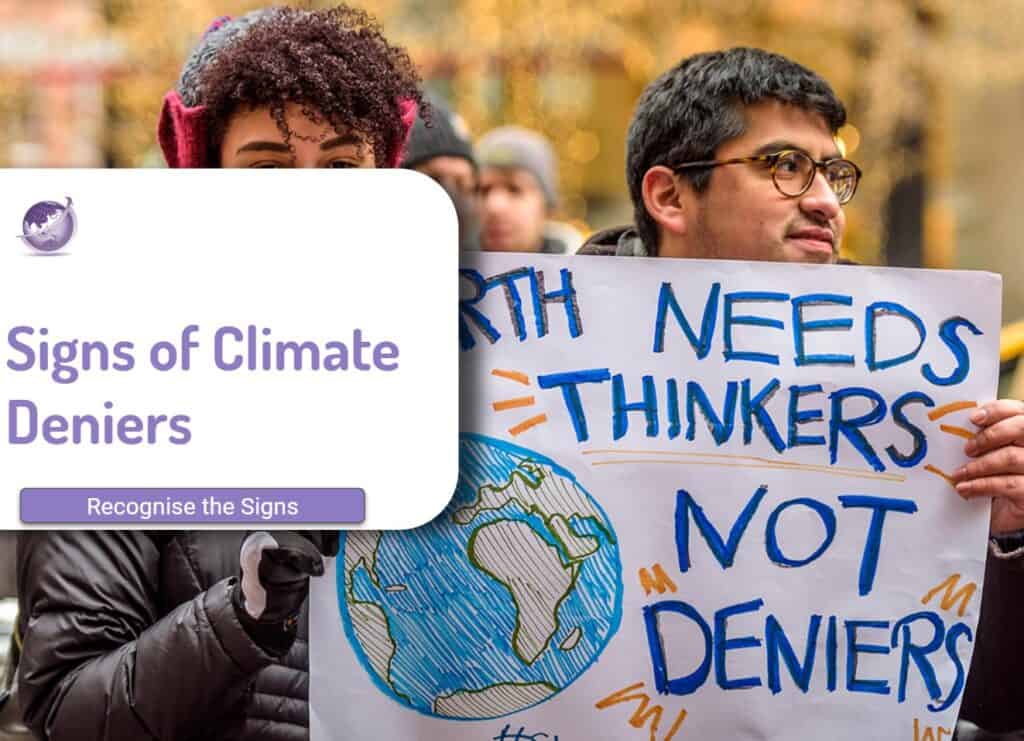Assaad Razzouk in his compelling podcast 58 from The Angry Clean Energy guy spells out his top 15 GreenWashing Claims. From lawyers to green bonds, the fossil fuel industry has known since the early 1970s that burning fossil fuel would raise carbon levels and that climate would be altered. Yet for 50 years, fossil fuel companies have increased their carbon emissions, and although they have agreed to be net-zero by 2050, they continue to be subsidized by $11m a minute and are using subterfuge and amoral tactics. Most corporations are now trying to look green but have a much different environmental, governmental and business vision in mind.
Assaad Razzouk The Angry Clean Energy Guy
Top 15 Greenwashing Claims
- Rebranding fossil methane gas to “Natural Gas”
- Pushing personal carbon footprint
- Recycling plastic
- Carbon Capture
- Green bond markets
- Planting trees
- Voluntary carbon markets
- Corporate net zero plans without substance
- Any fossil fuel company promoting reneweable energy
- International Energey Agency Plans
- Insurance companies
- Lawyers aiding
- ESG consultants
- Saudi Arabia trees
- Carbon neutral shipping of LNG
As Assaad says, there are more than 15 greenwashings claims. If you like listening to podcasts, check him out on your favorite podcast player, or on his website. And tell others. Don’t believe greenwashing.
1. Big oil rebranding methane gas to Natural Gas
4 decades ago the big gas companies decided to rebrand their fossil fuel methane to “Natural Gas”. Everytime you see natural gas it is greenwashing. It is as dirty as coal. One of the top prizes anywhere for a green PR success.
2. Personal Responsibility is the Cause of climate change
A personal carbon footprint and calculator was devised by BP in 2003. They promoted that the cause of carbon emissions was individual, while at the same time increasing BP development of new gas and petroleum. They spent $100 million per year over the next 3 years from 2004 to 2006 in advertising this and “Beyond Petroleum”. Many use a carbon footprint calculator and fall into the trap of BP to shift responsibility from themselves to us.
3. Any corporate plastic recycling pledge
In the real world, there is no recycling infrastructure at scale anywhere. Recycling plastic is pretence. Less than 7% of plastic is recycled globally. Plastic is either not recyclable or there are no factories. We dump another 5% of all plastic into the oceans. The rest we have burnt or shipped to China Philippines or African countries. It is so bad, it is probably not worth dropping plastic into a bin.
4. Carbon Capture Projects are a pipe dream
Only 1 plant in the world operates in a coal fired power plant and even in that plant less than 50% of the carbon is captured. It is a fossil fuel con. We are meant to believe that the whole of the world – oil, gas, cement, steel mills are capturing CO2. That is just untrue.
5. Green Bond Market is less than 1% of all funds invested
All bonds should be green. We are in a climate emergency. Less than 1% of the $130 Trillion bond market are so-called green bonds, which means 99% of all other bonds are invested in fossil fuel or their products. Not only are these non-green bonds supporting existing fossil fuels, but at worse, they power a feel-good deception.
6. Planting Trees by any company means not going to carbon zero
Lots of company say they will plant trees to offset the carbon emissions. But that means they are not making any steps to reduce existing carbon emissions. They are simply passing the buck. All companies need to reduce their emissions to get to carbon zero. Getting to net zero is simply not good enough. 2 issues. 1) these polluting companies have no incentive to stop polluting. 2) Even if it was possible to offset, the polluters should not be making money. E.g. Shell propaganda makes a profit on selling consumers their “planting trees” and we, the consumer are providing profits to Shell for their deception!
7. Voluntary carbon markets do not work
Voluntary carbon markets do not work. Carbon markets have to be legislated, monitored and real. People only change if there is money to be made, money to be lost or it is the law. Without law, companies will focus on not losing money, and that will more likely to be avoiding stranded assets, such as carbon intensive products and production. Voluntary carbon markets were supposed to be a transition to last until 2020. They are still voluntary in most countries.
8. Corporate net zero pledges without any plan to achieve those goals.
Every single net zero plan is is not worth the paper it is written on, without specific actions. We have to move to zero. Plans are often a simple way to avoid reducing carbon. 1) They appear to pledge. 2) What they commit to – and is very little, 3) what they leave out and 4) what is unclear. An example is the Australian plan – a plan for a planphlet.
9. Any fossil fuel companies promoting renewable energy while still promoting fossil fuels
The Norwegian Equinor ASA (formerly Statoil and StatoilHydro) has announced net zero by interim emissions by 2030, so it presents itself reducing selling fossil fuels and changing to renewable energy. In 2021 it actually only sold 0.54% zero carbon so 99.4% was fossil fuel.
10. The IEA 7 principles of renewable energy without mentioning reduction of fossil fuesl
IEA 7 key principles sound good, but what you discover is they completely avoid gas, coal, renewable or fossil fuels.
11. Insurance Companies
Insurance companies are massively greenwashing. 1) They have some $30trillion under management yet, do not invest in fighting climate change. 2) They support the current fossil fuel industry, for without insurance, fossil fuel companies would cease to operate. They do not insure nuclear as the risk is too high so taxpayers insure that through Governments. Insurance companies make money from the fossil fuel companies, then charge consumers who have to deal with the consequences of climate change. Out of 30 insurers in the world, 29 continue to back fossil fuel, and ignore the Paris Agreement. (Podcast 45)
12. Law Firms are silent secret enablers
Law firms representing fossil fuel economy enable them climate deny and lawyers make money defending companies against consumers who have brought civil and legal suits. They willing defend fossil fuel companies. These fossil fuel companies are destroying the planet we, and lawyers, live on. (Podcast 46) They are the silent enablers.
13. ESG Consultants enable fossil fuel companies to pretend they are doing stuff
ESG Consultants have jumped on the bandwagon to assist companies to improve their ESG reporting. They do nothing to actually reduce emissions. Their mantra appears to keep burning fossil fuels but report to bond markets that we are making progress. A plan to make a plan. (Podcasts 49 and 50)
14. Saudi Arabia wants to plant 10 billion trees
Saudi is planning to plant 10 billion trees, but has no rivers, none. They have a few oasis, and a few lakes. They already consume twice as much water as any other nation in the world. How do you grow trees in an arid environment? Pure Spin.
15. Carbon neutral LNG cargoes
Shipping companies may claim that shipping gas cargoes are carbon neutral. Look behind this, and they are using carbon offsets – but these carbon offsets are just pieces of paper they may have got voluntary credits, mostly like Saudis planting trees. They do nothing to reduce the carbon emissions from exploration, production, refining, shipping to a compression facility, pumping, shipping and then ultimately burning the methane gas.
More than top 15 greenwashing claims
There are many other ways to greenwash including fast fashion, hydrogen, and The Sustainable Agency provides 9 standout examples.
- Innocent: in-sincere TV adverts
- Keurig: misleading recycling claims
- Ikea: accredited illegal logging
- Windex: misleading plastic packing claims
- H&M: insincere sustainable fashion claims
- Hefty: false representation of the product
- Ryanair: false low-emissions claims
- Quorn: unverifiable carbon-footprint claims
- Shell: gaslighting of the general public
Further Information on Lobbying and Greenwashing
LobbyMap is a platform operated by climate change think tank InfluenceMap and is the world’s leading system for tracking corporate climate policy engagement. See










